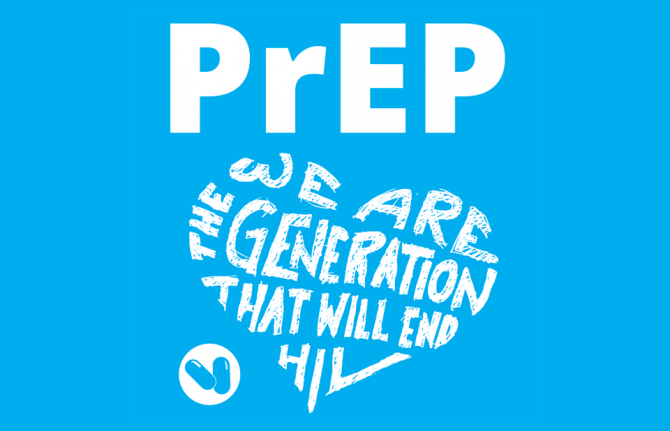

Feature Story
PrEP in South Africa
04 November 2016
04 November 2016 04 November 2016There is strong demand for pre-exposure prophylaxis (PrEP) from many people at high risk of HIV infection, but in many areas it is not yet available. Where PrEP is not available through well-structured programmes, people may seek to obtain it through unofficial channels. Self-prescribing PrEP in this way would result in inadequate follow-up with no linkage to health service support and an increased risk of using substandard products, drug resistance and reduced impact.
South Africa has taken on these challenges and was the first country in Africa to approve the use of antiretroviral medicines for prevention. The country has accessed a generic supply of PrEP, thereby reducing the price of the medicines, and its delivery is integrated with other services.
The South African PrEP model is based on both rights and needs, and is initially intended for sex workers, who have the highest HIV prevalence in South Africa and face high levels of stigma and discrimination. User-friendly services have been designed in partnership with sex workers; however, the decision to use PrEP remains an individual choice, free from coercion.
Adding PrEP to combination prevention services is affordable, despite the costs associated with its roll-out, since those costs are expected to be offset by the savings made from avoiding new HIV infections and the associated benefits of increased contact with sexual health services by people at high risk of HIV infection.
“People ask me “How can you afford to implement new interventions?” and I always reply, “How can we afford not to?” Once you answer this question, you will find the way to work it out,” says Aaron Motsoaledi, South Africa’s Minister of Health.



